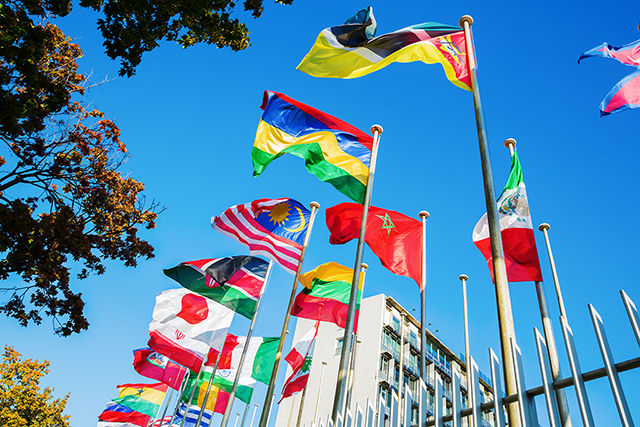New UNESCO study identifies common characteristics and challenges for Media and Information Literacy in five countries in Asia
Can COVID-19 be prevented or cured by drinking methanol, ethanol or bleach? Is the COVID-19 pandemic a conspiracy produced by a secret laboratory? Are political actors secretly infecting their opponents with drones carrying the virus? Even if these rumours seem completely implausible, they and their like have circulated many times around the world and spread like wildfire on social media.
Disinformation, misinformation and hate speech can inflict just as much as harm a virus. These information disorders exploit people’s ignorance and prejudice to create misunderstanding, confusion, discrimination and even incitement to violence through social network platforms.
Today in Asia and the Pacific, the number of active social media users accounts for over 40 per cent of the total population. The use of smartphones has been widely popularized, but before the habits of fact-checking and mutual understanding have been inculcated in many people’s minds.
It has become more difficult for people to glean facts and truth from the torrent of content they receive, especially for people living in marginalized communities with limited access to different sources of information and lower levels of education. Some governments, media outlets and individuals have exacerbated hostilities between communities and countries by reinforcing national propaganda and stereotypes, emphasizing conflicts and tensions, or reporting in a biased way. All of this reminds us of the urgency in cultivating discerning media users and communicators with adequate Media and Information Literacy (MIL) skills.
MIL education is a central domain to enhance critical thinking, understanding of cultural diversity, ability to engage in dialogue and communication for positive participation in societies. For more than 20 years, UNESCO has been promoting MIL education through policy reviews, teacher training sessions, regional dialogue and advocacy. More recently, the issue of prevention of violence, discrimination and conflict has been added to the MIL education agenda.
To support Member States in formulating education policies on MIL that respond to current trends and challenges, UNESCO Bangkok Office has launched a new study Media and Information Literacy Education in Asia: Exploration of policies and practices in Japan, Thailand, Indonesia, Malaysia, and the Philippines. The study reviews MIL education policies and practices in formal, informal and non-formal settings in the five countries above and explores how MIL education today could address emerging and pressing issues such as political extremism, false news, online harassment and discrimination.
The study indicates that despite diverse political and cultural backgrounds as well as the various media landscapes and educational systems, the five countries share common challenges in MIL education, such as the lack of consensus among stakeholders on the definition of MIL, fragmented strategies and approaches, and lack of adequate training for teachers. In this context, the study attempts to synthesize current MIL policies and practices in Asia and provide suggestions for action.
The publication was launched on 26 October 2020 at the Online Discussion on the State of Journalism and Mass Communication Education on Countering Disinformation in ASEAN Countries, organized by UNESCO with the support of the German National Commission for UNESCO. The Online Discussion will be followed from 27 to 29 October with a series of training workshops engaging journalism and communication schools from Southeast Asia to prepare the next generation of journalists in countering disinformation.
Download the Media and Information Literacy Education in Asia: Exploration of policies and practices in Japan, Thailand, Indonesia, Malaysia, and the Philippines: https://bangkok.unesco.org/node/2375
Main photo credit: ©Shutterstock/Hi-Point.






